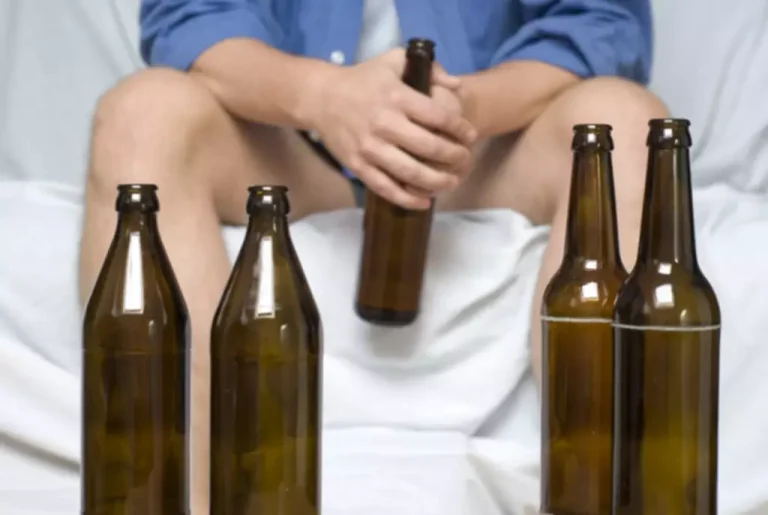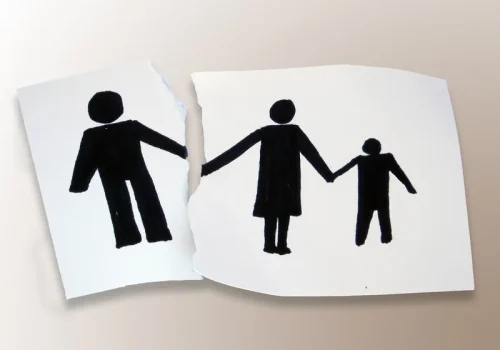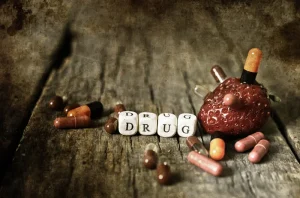
Drug relapse in addiction can result from triggers, ceasing medical treatment, or incompatible medications and treatment programs. The stages of change model is often used to help explain why people suffering from substance use disorder typically undergo a recidivism cycle before quitting for good. According to this model, people do not change addictive behavior following a unidirectional route. Proponents of this model define a lapse as a process, cycling through different stages that may be interrupted by recidivism from time to time. Skilled facilitators are essential in guiding group activities effectively. They set a positive tone, ensure that activities are inclusive, and manage group dynamics to maintain a supportive environment.
Renewal Center for Ongoing Recovery

Originally from the East Coast, Dr. Deena has worked running treatment centers, worked as a therapist in psychiatric hospitals as well as school settings and currently has a thriving private practice in the LA area. Dr. Deena has appeared regularly on the Dr. Phil Show as an expert since 2003. She has also been featured on many other TV shows, podcasts and has contributed to written publications as well as podcasts. This is the final stage where you actually start using substances again.
Pilot Project Proves Gyms and Leisure Centres Can Support Millions with Musculoskeletal Conditions, Easing NHS Burden
Definitions of relapse are varied, ranging from a dichotomous treatment outcome to an ongoing, transitional process [8,12,13]. Overall, a large volume of research has yielded no consensus operational definition of the term [14,15]. We also take the perspective that relapse is best conceptualized as a dynamic, ongoing process rather than a discrete or terminal event (e.g., [1,8,10]). Learning what one’s triggers are and acquiring an array of techniques for dealing with them should be essential components of any recovery program.
Mindfulness-Based Relapse Prevention

Irrespective of study design, greater integration of distal and proximal variables will aid in modeling the interplay of tonic and phasic influences on relapse outcomes. As was the case for Marlatt’s original RP model, efforts are needed to systematically evaluate specific theoretical components of the reformulated model [1]. Results of a preliminary nonrandomized trial supported the potential utility of MBRP for reducing substance use.
Common Challenges and How to Overcome Them
- Medications can help you manage withdrawal symptoms before they trigger a relapse.
- The brain is remarkably plastic—it shapes and reshapes itself, adapts itself in response to experience and environment.
- If addiction treatment is about getting sober, recovery is about learning how to stay sober.
- The general answer is that honesty is always preferable, except where it may harm others [14,21].
- Many think a lapse means the failure of a patient to recover successfully.
For example, when new members join the group, icebreakers and interactive activities can help them feel more comfortable. Listening to others’ stories of how they overcame obstacles can be deeply inspiring and motivating. Seeing your peers succeed boosts your own confidence and encourages you to keep moving forward in your journey to lasting sobriety.

You also get a chance to share your struggles, and benefit from encouragement and constructive feedback from group members and mental health professionals leading the group. Sharing your achievements with others in your support system can help you stay motivated. Relapse prevention https://ecosoberhouse.com/ group activities offer safe, supportive, and structured spaces for you to connect, share experiences, gain insights from others, and build strong coping skills. Embarking on the path to recovery can be challenging, but take heart in knowing you are accompanied.

- These individuals can provide emotional support, guidance, encouragement, and a sense of belonging, essential for maintaining long-term sobriety.
- Achieving long-term recovery from addiction is a challenging but rewarding endeavour.
Many relapse prevention group activities focus on learning essential coping skills and communication techniques. This gives you the chance to not only learn new skills but also to practice them in a safe and supportive setting. Cognitive behavioral relapse prevention skills therapy is a well-established therapeutic approach that focuses on identifying and changing negative thought patterns and behaviors. It has gained prominence as an effective method for addiction treatment and relapse prevention.
Supporting Your Recovery from Alcohol or Drug Addictions
- During this stage, the primary concerns of the patient are often coping with their cravings and avoiding relapses.
- If you or a loved one are struggling with addiction, contact The Recovery Village today.
- Nevertheless, the first and most important thing to know is that all hope is not lost.
- At this stage, working toward avoiding triggers or high-risk situations in which relapse could occur is critical.
